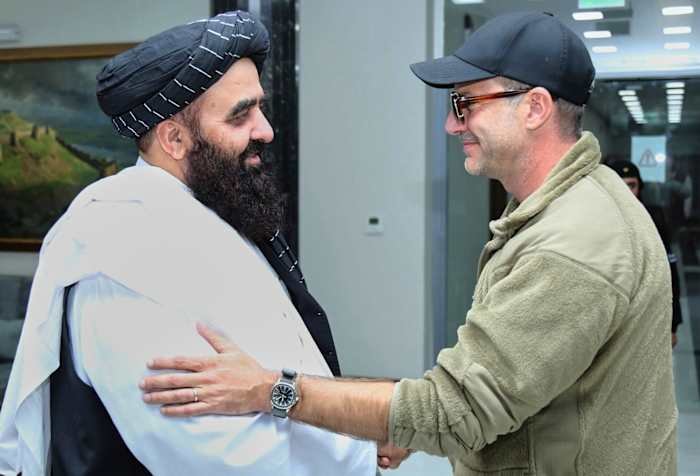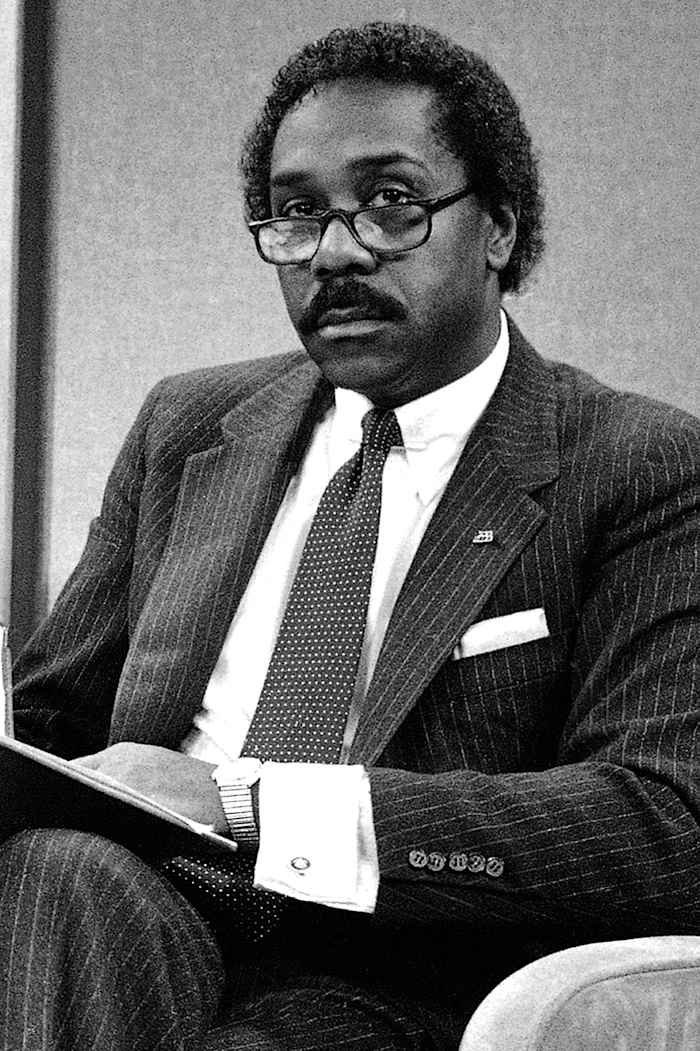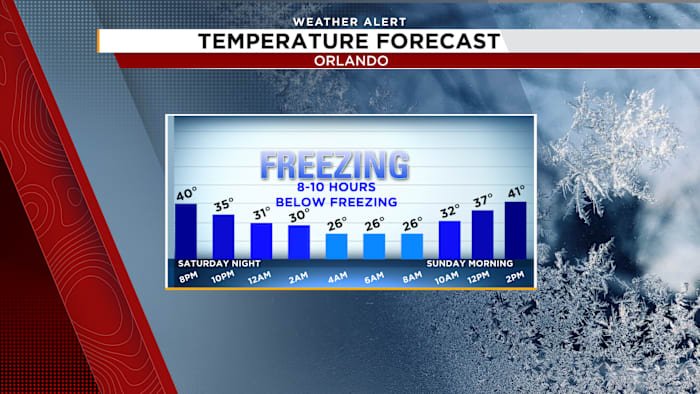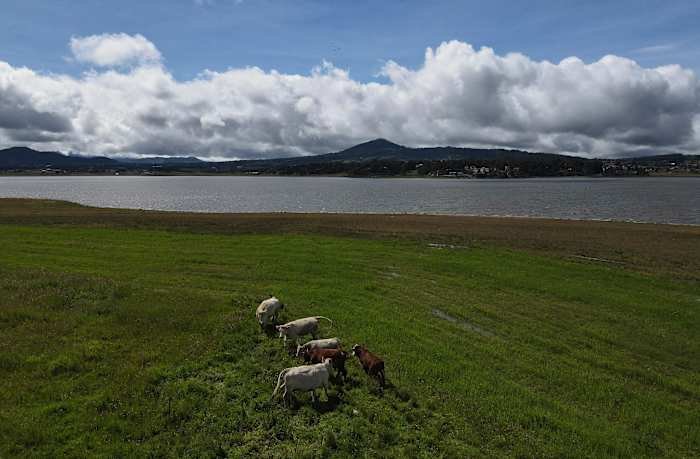Daily Orlando News – In a development with global and local significance, the Taliban announced it has met once again with U.S. envoys, including officials from the Trump administration, to discuss the normalization of relations. While this high-level diplomatic contact unfolds thousands of miles from Central Florida, the impact of these talks can resonate in Orlando through our diverse communities, local Afghan-American residents, and the city’s vibrant international connections. Here’s what you need to know about the latest Taliban-U.S. discussions and why they matter here in Orlando.
Background: Renewed Dialogue Between the Taliban and the U.S.
According to reports from international news agencies, Taliban representatives have recently engaged in meetings with U.S. envoys, some with ties to former President Donald Trump’s administration. The focus, Taliban officials say, was on “normalizing relations” — a significant phrase that signals potential changes in diplomatic recognition, sanctions, and humanitarian engagement.
These meetings follow a tumultuous two years since the U.S. withdrawal from Afghanistan in 2021, which left the Taliban in control of Kabul and created ongoing challenges for international relations. Both sides have repeatedly expressed their interests: the U.S. seeks guarantees on counterterrorism and human rights, while the Taliban wants an end to economic sanctions and access to frozen Afghan assets abroad.
Key Issues at Stake in Normalizing Relations
The idea of normalizing relations between the U.S. and the Taliban is controversial and complex. At the heart of these negotiations are several key issues:
- Human Rights Concerns: The U.S. and international organizations continue to express deep concern over the rights of women, girls, and minorities in Afghanistan under Taliban rule.
- Counterterrorism: Ensuring that Afghanistan does not again become a haven for extremist groups remains a top U.S. priority.
- Economic Sanctions: The Taliban is pushing for the unfreezing of Afghan central bank assets and the lifting of sanctions that have crippled the country’s economy.
- Humanitarian Aid: Millions of Afghans face food insecurity, prompting calls for increased humanitarian access and assistance, which could be facilitated by improved U.S.-Taliban relations.
These issues are not just theoretical; they have real-world consequences for global stability and local communities, including those here in Orlando.
Why Orlando Residents Should Pay Attention
Orlando is home to a growing Afghan-American community, many of whom have loved ones still in Afghanistan or have been impacted by the country’s recent turmoil. Local refugee support organizations and faith-based groups have mobilized to help resettle Afghan families, while Orlando’s universities continue to foster international students and research that connects our city to global events.
The outcome of these U.S.-Taliban talks could directly affect:
- Refugee Resettlement: Changes in U.S. policy may influence how many Afghan refugees are able to come to Central Florida and what kind of support they receive.
- Security and Counterterrorism: Orlando, like all American cities, is invested in global security. Any agreement that strengthens counterterrorism measures can have a local impact, making our city safer.
- Community Outreach: Local nonprofits and advocacy groups may see changes in funding, resources, or priorities depending on shifts in U.S.-Afghan relations.
For Orlando residents, staying informed about these international developments is more important than ever, as our city’s diversity and openness connect us to events around the world.
What Are Local Leaders and Experts Saying?
We reached out to local community leaders and experts for their thoughts on what these talks could mean for Orlando:
- Dr. Ayesha Mahmoud, a political science professor at the University of Central Florida, notes, “Orlando is a microcosm of the U.S. Our city reflects the broader debates happening nationally about immigration, international engagement, and humanitarian support.”
- Sara Wahidi, a volunteer with a local refugee resettlement agency, says, “Every shift in U.S. policy on Afghanistan has a ripple effect here. It determines what resources we have, how many families we can help, and how the Afghan community feels supported.”
- Orlando City Council Member Juan Rodriguez adds, “We’re committed to welcoming newcomers and ensuring that Orlando remains a place of opportunity and safety for everyone.”
Local perspectives highlight the interconnectedness of global events and the everyday lives of Orlando residents.
What Happens Next?
While no formal agreement has been announced yet, analysts suggest that ongoing dialogue between the Taliban and U.S. envoys could lead to incremental changes, such as increased humanitarian access or specific exemptions to sanctions. The process of “normalizing relations” is likely to be gradual and fraught with challenges, especially given the deep mistrust and unresolved issues between the two sides.
For Orlando, this means continued attention to refugee support, security, and community outreach, as well as active engagement from local leaders and
















